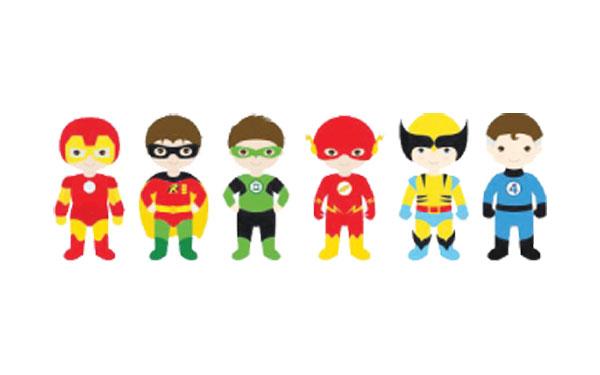
English has borrowed a large number of words and expressions from foreign languages. Here are some of them:
Liqueur (French) a sweet and very strong alcoholic drink, drunk in small quantities after a meal
Literati (Italian) a small group of people in a society who knows a lot about literature
Litotes (Greek) a way of expressing your meaning by using a word that has the opposite meaning with a negative word such as ‘not’ for instance by saying ‘not bad’ when you mean ‘good’
Litterateur (French) someone who is interested in literature, especially a writer whose work is not considered very good
Locale (French) the place where something happens or where the action takes place in a book or a film
Locus (Latin) a place, location, or centre of attention
This area has been identified as the locus of poverty and deprivation.
Longueur (French) a very boring part of a book or period of time
Loofah (Arabic) a rough kind of sponge made from the dried inner part of a tropical fruit
Louvre (French) a narrow piece of wood or glass in a door or window, sloping outwards to let some light and keep rain or strong sun out
Ludicrous (Latin) completely unreasonable, stupid, or unsuitable
Mary turned up wearing a ludicrous flowery hat.
Lumbago (Latin) pain in the lower part of the back
Lumpen (German) of or relating to individuals who belong to a subclass of society characterised by poverty and ignorance
Lumpen proletariat (German) poor working class coined by the German political writer Karl Marx
Lyceum (Greek) a building used for public meetings, concerts, or speeches
Macabre (French) very strange and unpleasant and connected with death or serious accidents
The stranger narrated a macabre tale.
Macaroni (Italian) a type of pasta in the shape of small tubes, which is cooked in boiling water
Swarna gave me a plate of macaroni.
Machete (Spanish) a large knife with a broad heavy blade, used as a weapon or a tool
Machismo (Spanish) traditional male behaviour that emphasizes how brave, strong, and sexually attractive a man is
Macho (Spanish) macho behaviour emphasizes a man’s physical strength, lack of sensitive feelings, and other qualities considered typical of men
Macro (Greek) large, especially concerning a whole system rather than parts of it
Malcolm is studying macroeconomics.
Madonna (Italian) Mary, the mother of Jesus, in the Christian religion
Madrasa (Arabic) a college for Islamic religious instructions
Maelstrom (Dutch) a situation full of uncontrollable events or strong emotions that make people feel weak or frightened
Maestro (Italian) someone who can do something very well, especially a musician
Mafia (Italian) The Mafia is a large organised group of criminals who control many illegal activities especially in Italy and the United States
Magnum opus (Latin) the most important piece of work by a writer or artist
Malaise (French) a feeling of anxiety, dissatisfaction, and lack of confidence within a group of people that is not clearly expressed or understood
The manager detected a certain malaise among the staff.
Mammon (Latin) money, wealth, and profit, regarded as something that people want or think about too much
Mammoth (Russian) a large hairy elephant that lived on earth thousands of years ago
Manana (Spanish) tomorrow used when talking about someone who seems too relaxed and always delays doing things
Mandala (Sanskrit) a picture of a circle around a square that represents the universe in Hindu and Buddhist religions
Mandarin (Chinese) an important official in the Civil Service, especially one who is regarded as having too much influence
Mandolin (Italian) a musical instrument of the lute family
Mangrove (Portuguese) a tropical tree that grows in or near water and grows new roots from its branches
